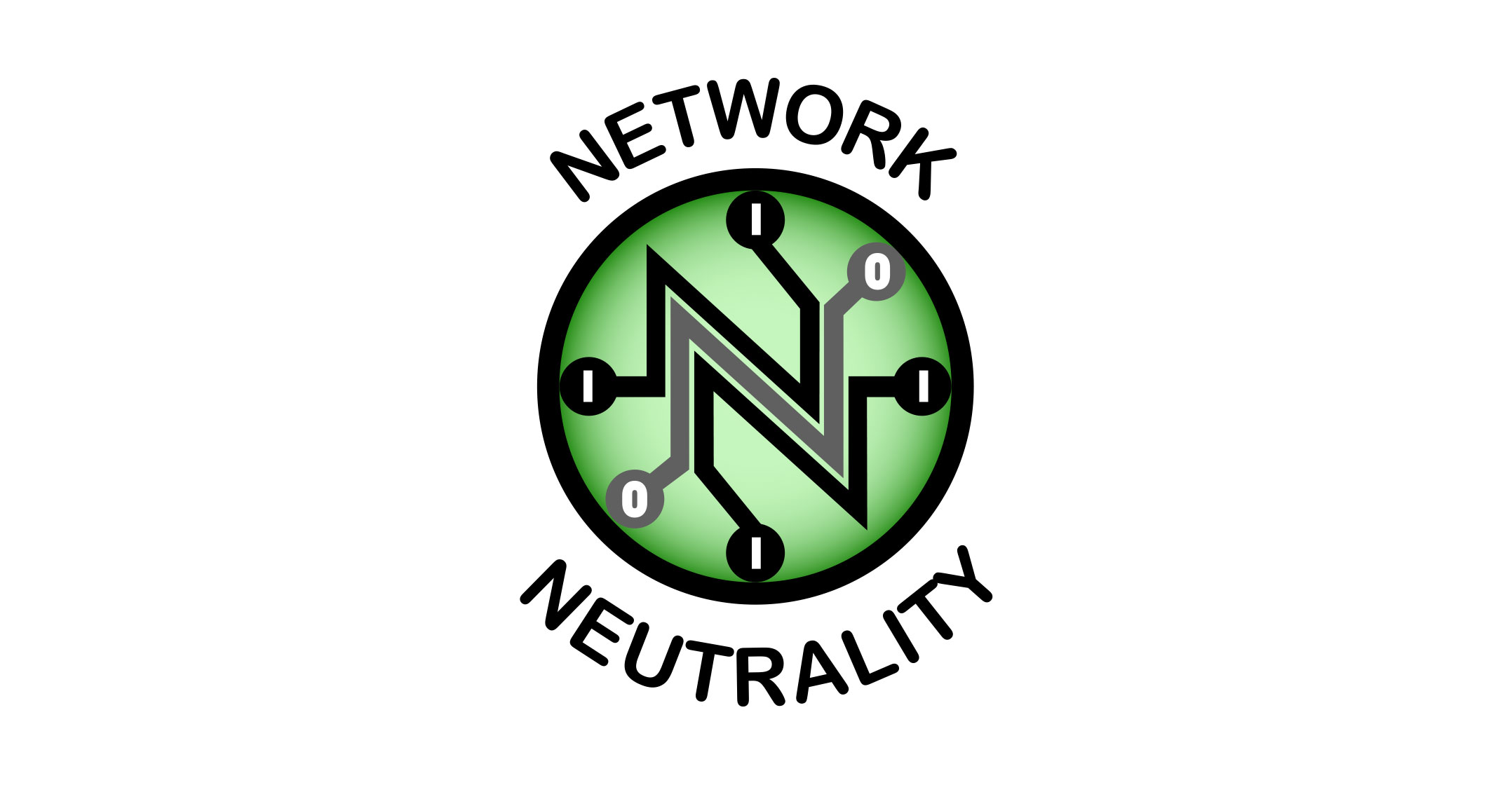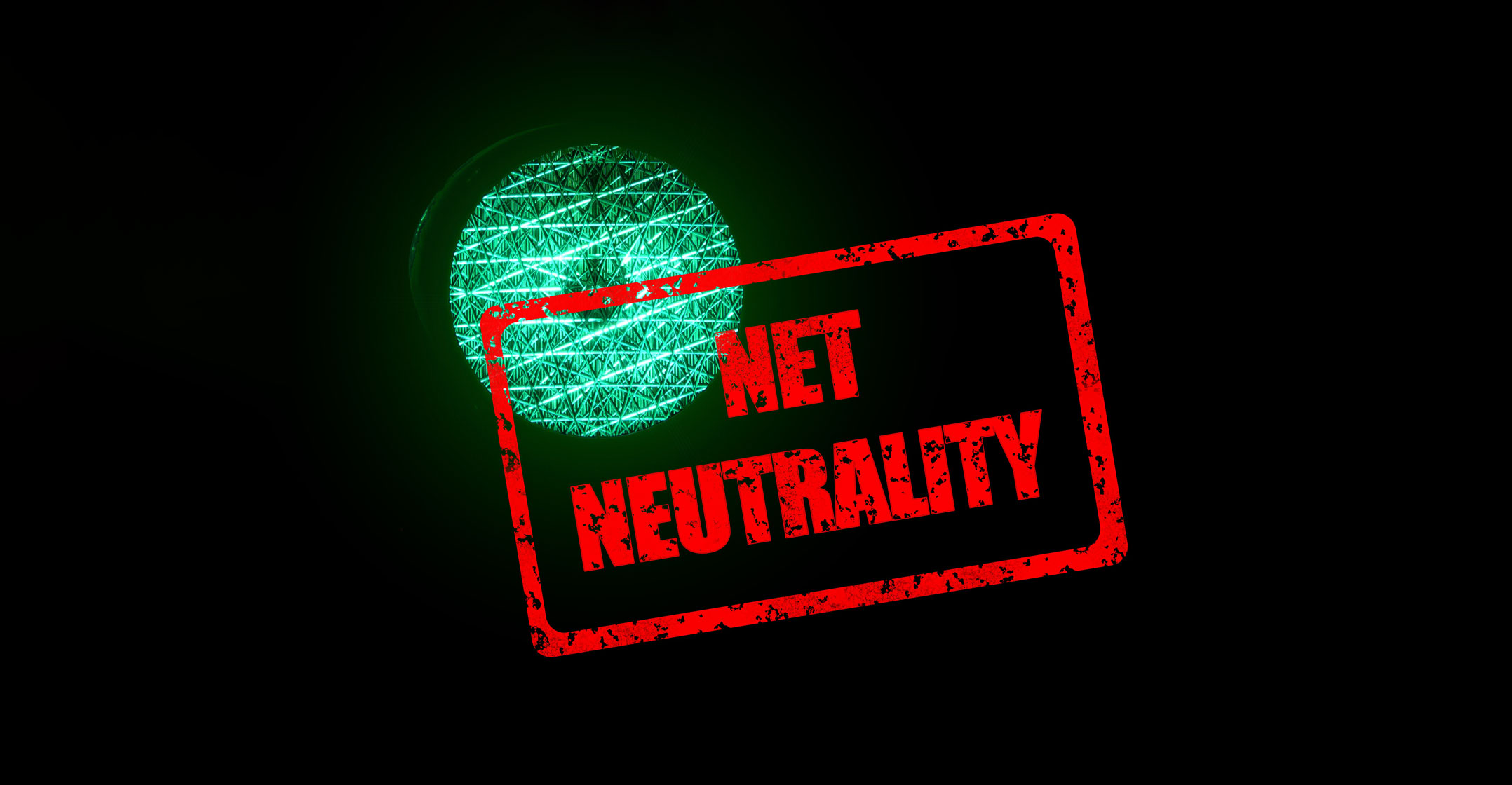
Telkom’s zero-rated streaming plans, called LIT, which it plans to introduce on 1 September, may break network neutrality principles and run counter to government’s draft integrated policy for the ICT sector.
If the national integrated ICT policy white paper is gazetted, could Telkom be forced to rethink the offering, which looks set to shake-up the telecommunications industry?
On Thursday last week, the company revealed it plans to zero-rate data consumption for a range of selected content providers, including Netflix and Showmax.
The white paper is emphatic in its approach to net neutrality: “It is crucial that the Internet remains neutral and open if it is to continue to create opportunities for everyone to improve the quality of their lives. A crucial component of this is the introduction of a net neutrality framework to ensure that all lawful and legal Internet traffic is treated equally, without discrimination, restriction or interference, regardless of the sender, receiver, content, device, service or application.”
Telkom’s LIT plans, which it plans to offer to certain FreeMe mobile customers and users on some of its fixed-line broadband plans, appear to contradict this requirement. However, the section of net neutrality has not been legislated or given effect through regulation.
The white paper states that the sector regulator — currently Icasa — will be required to hold an inquiry in consultation with the competition authorities into the extent to which regulatory intervention is required to uphold the principles of an “open Internet”.
Integration and concentration
“This should include an assessment of whether any unfair discriminatory practices are likely to be used in future and a review of horizontal and vertical integration and concentration across the Internet value chain.”
The regulator must then make proposals to the minister of telecoms & postal services, currently Siyabonga Cwele. It must determine whether changes to legislation will be required to reinforce net neutrality and, if so, what amendments will be necessary.

Specifically, the white paper states the regulator must decide if it will be necessary to introduce rules or guidelines on zero-rating, barring, throttling or paid prioritisation of traffic and, if so, what exclusions to this would be in the public interest such as the zero-rating of access to defined public interest content and services.
Telkom spokesman Gugulethu Maqetuka said the company took the chapter in the white paper into account in designing the LIT product.
“Telkom hopes that the benefits that LIT brings to the consumer will help to shape the discourse on any potential regulation,” Maqetuka said. “LIT is compliant and consistent with the current policy developments.”
TechCentral asked other operators for their views on net neutrality and the white paper.
Vodacom spokesman Byron Kennedy said the company is in favour of self-regulation, developed in conjunction by the industry and Icasa. This would be “similar to standards adopted in Switzerland and other countries,” he said.
“Vodacom would participate in an inquiry and, to reiterate, we are of the view that self-regulation should suffice in addressing market needs and governance in South Africa.”
MTN and Cell C had not responded to an e-mail requesting comment at the time of publication.
Support
MultiChoice, South Africa’s biggest broadcasting group, which owns assets such as DStv, M-Net and SuperSport, said via e-mail that it supports the principle of net neutrality based on the equal treatment of data.
“We also support the policy position in the ICT white paper that Icasa needs to set a regulatory framework that is clear and transparent for net neutrality to be successful,” it said.
“We cannot at this stage comment on whether operators that offer zero-rated services to their customers run counter to the white paper’s principles on net neutrality as a detailed regulatory framework is still to be developed.”
MultiChoice sister company Showmax, while not expressing a direct view on the white paper, echoed support for zero-rated offerings.
Chris Savides, head of Showmax Africa, said: the cost of data is a key factor holding back the adoption of Internet TV services in South Africa. “We’ve been working on a number of initiatives to help customers manage this issue,” he said.
“These initiatives include introducing bandwidth capping options and user-selectable download sizes on most of our apps, and we also recently worked with a Wi-Fi provider to give free Wi-Fi access to view and download Showmax shows at more than 80 sites across the country.
“The benefit of uncapped video data options such as those recently launched in a number of countries including South Africa are that they give consumers peace of mind with unlimited usage at a fixed price point,” Savides said. — © 2017 NewsCentral Media

